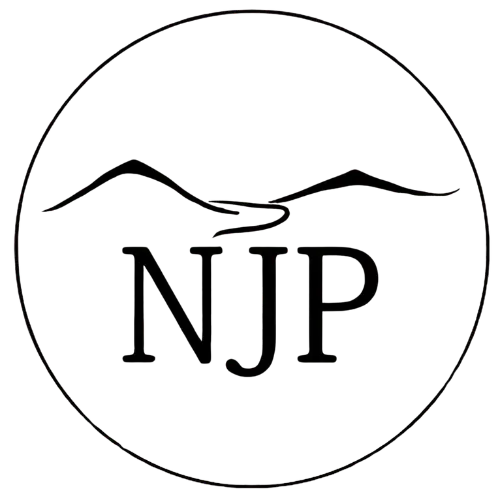Our Vanishing History
Some years back, I had lunch with a now-deceased friend who was a former state senator. When I asked if he missed interacting with the public, he said, “Oh, I still get invited to speak at high schools and colleges, and when I tell students I’m no longer in office, they ask if I miss being in Washington. I tell them I never served in Washington; my office was in the state capitol. Many of them don’t know the difference between a state senator and a United States Senator.”
More recently, upon hearing that Robert F. Kennedy Jr. was running for President, a twenty-something friend reacted by saying, “That makes sense; his dad was president.” I replied, “Well, actually, his dad was a U.S. Senator.” My friend said, “Wait, I thought his dad was the President Kennedy who was an actor.” I replied, “No, Ronald Reagan was the President who had been an actor.” After a pause, my friend said, “Now I’m really confused.”
And on Facebook, which some Americans consider their primary news source, a young woman angrily responded to a newspaper story about Hillary Clinton. “Why doesn’t she just go away?” she wrote. “This old lady exists for one reason only, to bash President Trump. I’ll bet she couldn’t find the White House with a map.” When someone responded by saying that Mrs. Clinton’s husband served two terms as President from 1993 until 2001, the original complainer wrote, “I was just a little kid back then. How would I know that?”
At first glance, these exchanges might provoke a laugh or two, but they also reveal a growing concern. In many schools, the subjects of history, government, and civics are not the priority they once were.
There is no doubt that STEM (science, technology, engineering, and math) is the school buzzword of the 21st century. One could make a strong case that in the emerging digital economy, it is better to look ahead than to dwell on the past.
Perhaps this is why school districts, with the help of businesses seeking qualified workers, are pouring money into engineering labs and technical training programs. Our dusty, dog-eared history books are long gone. If you want to find out who that actor-president was, you can Google it. And then go back to Tik Tok or Instagram for something more fun.
The National Assessment of Educational Progress (NAEP) is often referred to as the nation’s report card. Although COVID-19 is blamed for many recent educational shortcomings, NAEP shows the steady decline in history and civics learning actually began in the 1990s. This coincides with the emergence of the internet, once believed to be a great educational tool.
Just 13% of eighth graders, according to the latest NAEP report, scored at or above proficient in the U.S. history assessment. In civics, only 22% of eighth graders were at or above proficient. You would think this is a wake-up call.
But as you may have heard, our federal and state governments now place far more emphasis on reading. Let’s face it; students can’t learn about history if they can’t read. Maybe we should incorporate more lessons about citizenship into the reading curriculum.
I fondly recall how my eighth-grade American history teacher, Edward Carter, absolutely drilled the basics of our government into our tiny teenage brains. At the end of that year, I knew and could recite the name of every President in order (and I still can today, test me when you see me). I knew the difference between state legislators and U.S. representatives and senators. I could identify the three branches of our government, which is more than can be said about one current U.S. senator from Alabama. Although, in all fairness, he was a pretty good college football coach.
As I write this, our bickering, divided Congress is debating raising the debt ceiling and an upcoming budget that could affect the lives and well-being of our veterans, our grandparents, our parents, our children, and their children.
Yet most Americans, especially young people, are blissfully unaware. At some point, they’ll say, “I wish I had read about that.”
(David Carroll is a Chattanooga news anchor, and his new book “Hello Chattanooga” is available on his website, ChattanoogaRadioTV.com. You may contact him at 900 Whitehall Road, Chattanooga, TN 37405, or at [email protected])


